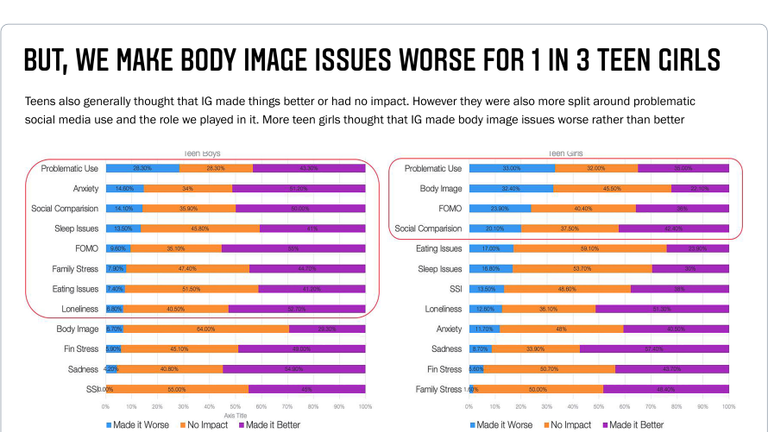Facebook has announced that it is pausing its Instagram Kids project following criticism from child protection authorities and legislators.
Instagram’s parent company said that building the new app, meant for children aged under 13, was “the right thing to do” but that it is now going to re-evaluate the project.
It follows a series of stories by the Wall Street Journal, which Facebook has responded to, that reported internal research at Instagram found the platform was harmful for the well-being of teen girls.
Facebook has responded to these stories, the first time denying that it “conducts research and then systematically and wilfully ignores it if the findings are inconvenient for the company” as it paraphrased the reports.
The second response, published this weekend, said that contrary to the newspaper’s report, internal research found teenage girls said the platform made them feel better rather than worse on 11 out of 12 well-being issues.
The initial aim with the Instagram Kids app was to “address an important problem seen across our industry: kids are getting phones younger and younger, misrepresenting their age, and downloading apps that are meant for those 13 or older”.
“We firmly believe that it’s better for parents to have the option to give their children access to a version of Instagram that is designed for them — where parents can supervise and control their experience — than relying on an app’s ability to verify the age of kids who are too young to have an ID.
“While we stand by the need to develop this experience, we’ve decided to pause this project. This will give us time to work with parents, experts, policymakers and regulators, to listen to their concerns, and to demonstrate the value and importance of this project for younger teens online today,” the company said.
Defending the move to pause the development of the app, the company anticipated criticism from those who want Facebook to acknowledge that it is a “bad idea” and said that was not the case.
“The reality is that kids are already online, and we believe that developing age-appropriate experiences designed specifically for them is far better for parents than where we are today,” the company said.
“Our intention is not for this version to be the same as Instagram today. It was never meant for younger kids, but for tweens (aged 10-12). It will require parental permission to join, it won’t have ads, and it will have age-appropriate content and features.
“Parents can supervise the time their children spend on the app and oversee who can message them, who can follow them and who they can follow. The list goes on,” it added.
Last month the company announced that Instagram will require all users to enter their birthdate to log in, even those who weren’t asked to give a date if they joined before 2019, as part of the app’s new child safety measures.
The month before the company started to default new accounts belonging to people who give their age as under 16 into a private setting, and it has also restricted the ability for advertisers to target under-18s after criticism of its actions on child protection.
Earlier this year, Facebook introduced anti-grooming safety measures that prevented adult users from sending direct messages to teenagers unless they follow them.
However, the company was basing its ability to identify children on the age they were providing themselves, which prompted some criticism because, as the company acknowledged, “young people can lie about their date of birth”.

